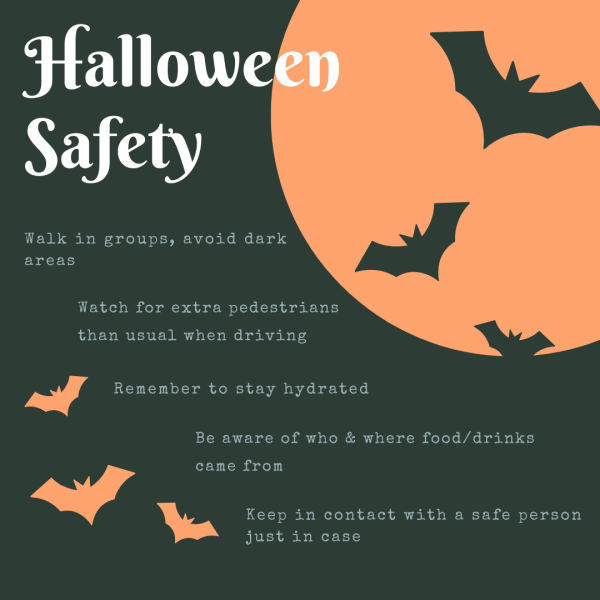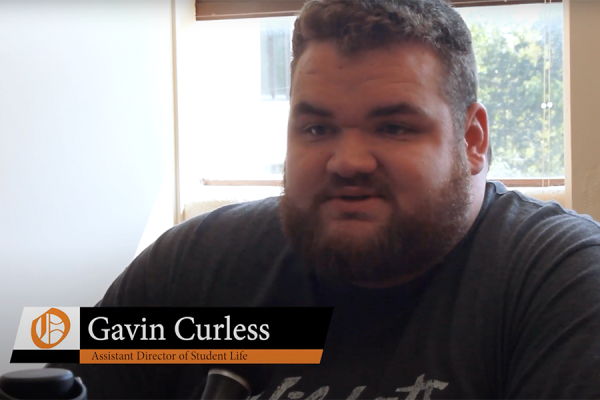B(f)aker University: The Baker grapevine
Can Baker possibly be the *dun dun dun* Land of Snakes?
Gossip isn’t a new concept to college students. It’s something that we’ve had plenty of practice in and mastered years ago.
It usually doesn’t matter what friend group one is in, friends talk behind each others’ backs, people listen to rumors, spread them, start drama and the cycle continues. You might tell a “friend” a “secret,” but it’s not really a secret after you tell them because they’re not actually your friend. They’re your fake friend. Those fake friends feed into and sustain the ongoing social phenomenon that we all know as gossip.
Fake friends and gossip are like peanut butter and jelly. Sadly, fake people are both the peanut butter and the jelly. Once they get ahold of you, they’re sticky, hard to get rid of and leave a big mess. But what makes these fake people thrive and create these messes at Baker?
Since Baker is a tight-knit community, the details of people’s lives spread like wildfire, leaving Baker students intimate lives exposed to what sometimes seems like the entire campus.
Because of the pressure to sustain one’s reputation, we are forced to modify our behavior based on different groups at Baker. Students are surrounded by each other for nine months out of the year, sometimes more. They see each other in classes, at sporting events and at multiple meals throughout the day.
At times it may be difficult to keep up with the flow and personality types of every friend group. No matter whether one’s interactions are mainly through a sports team, a greek house or a campus organization, Baker students encounter numerous times when they have to change themselves ever-so-slightly to best fit into a separate group.
That sounds simple, but these personas that students create can quickly become a problem when there’s a rumor started about a close friend or one’s own personal conversations.
We all know by now that the old saying “sticks and stones may break my bones, but words will never hurt me,” is a lie. It was probably created to spare people’s feelings from the harsh things that others say.
Honestly, though, at times it’s easy to fall into gossip. Not only is it constant, but it’s difficult to keep one’s true feelings inside, especially when others feel the same way. That’s how gossip get’s started and how fake people thrive.
Fortunately for all of those who have been affected by the Regina George’s of Baker, there’s hope because the fakers won’t thrive for long.
No one wants to be known as the person who can’t be trusted, but that’s the typical outcome of being fake. Sadly, fake people usually have other fake friends who they can’t trust either.
Is there a diagnosis for the Land of Snakes?
Sometimes it’s difficult to detect a fake friend so it’s easy to believe that fake people are skilled at slithering their way into our lives. At this point, learning to live with the fact that everyone isn’t always a friend and trying not to fall into gossip traps could help prepare for any mess that could happen later on in life.
Sure, these sticky situations don’t go away completely after one’s college career ends; however, many of these real-world snake bites will be non-venomous and ones that do more harm to others’ reputations than our own.
Though we now depend on the Baker grapevine to keep our social life alive, we must think through the consequences first.
We must recognize that being fake isn’t all it’s cut out to be in the real world. Understanding that these types of people are going to constantly be around is vital to helping one stay sane in college, but the most important point to learn at Baker may be that one can actively work to avoid becoming a fake person.
Some final advice: think before you speak; think before you do, and always remember that the vine may be thornier than you had originally expected.






